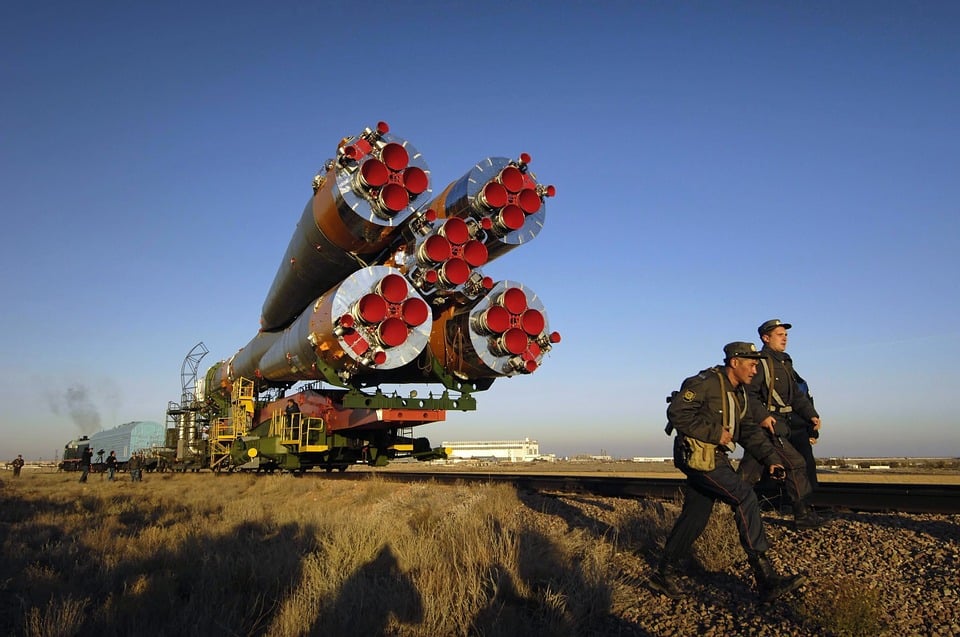This article originally appeared in the November 2017 edition of Politique Internationale. Permission to republish has been kindly granted by the author.
Dr Benita Ferrero-Waldner, former Minister of Foreign Affairs for Austria, outlines the growing interdependence of Kazakhstan and the European Union.
In 1991, as the USSR broke up, the republics in Central Asia found themselves in a new and challenging world. The region as a whole has advanced in leaps and bounds since then. Each year, the five nations of Kazakhstan, Kyrgyzstan, Tajikistan, Turkmenistan and Uzbekistan are making greater contributions to global dialogue on issues of critical importance to the countries of Europe. For almost every major sphere of international policy — from energy security to the environment, combating people and drug trafficking, and counter-terrorism — there is an ever-growing alliance with Europe, and the potential for further collaboration is enormous.

I have taken a great personal interest in the region since my first visit in 1999 ahead of Austria’s chairmanship of the OSCE, during which we focused on the region in particular. I was struck then, as I still am today, by the industry and ambition of the Central Asian states, and of Kazakhstan in particular. These qualities have seen the country rise from a very challenging start to become the confident player on the world stage that we see today.
From the early days of its Independence Kazakhstan has adopted a multidimensional foreign policy, and recently set out a “2050 Strategy” which aims to make the country one of the 30 most competitive nations in the world by the mid-point of the century.
Considered as a whole, the European Union is Kazakhstan’s largest foreign trade partner, accounting for 50% in of its total external trade, and the largest investor in Kazakhstan, with a 60% share in its FDI. As for Kazakhstan, it exports 60% of its oil to Europe, making it Europe’s third largest provider of hydrocarbons among non-OPEC countries. In 2015 Kazakhstan and the European Union signed an Enhanced Partnership and Cooperation Agreement — the strongest possible framework of bilateral cooperation between non-neighbour states, which assesses 29 potential areas of cooperation.
The partnership is set to grow further, as witnessed by Kazakhstan’s joining the Asia-Europe Meeting (ASEM) in 2014, the first Central Asian country to do so. Kazakhstan’s landmark election as a non-permanent Member of the United Nations Security Council in 2016 will have greatly strengthened the country’s standing in Europe; as will its accession to the World Trade Organisation in 2015, a development which was strongly advocated by the European Union throughout nearly two decades of negotiation.
A new EU strategy for Kazakhstan and other Central Asian Countries was announced in 2015, emphasizing areas for economic and social development. Since then, European leaders have lauded the improvement in business conditions in Kazakhstan and pushed for further investment and trade in the country. An improved visa regime has been mooted, as has further cooperation in education.
A major priority for both Kazakhstan and Europe has been establishing a partnership in the energy field. Kazakhstan’s vast energy resources are deemed to have played an important role in the development of the Southern Gas Corridor (SGC) project, set to bring vast quantities of gas from the Caspian Basin to Europe. European countries are also aware of the great potential for the production of green energy in Kazakhstan, a territory well-suited for solar and wind energy production. “Future Energy” was the theme of EXPO 2017, which concluded recently in Astana.
Cooperation in international and domestic security is another key component in the Europe-Kazakhstan partnership. Kazakhstan has been fully supportive of EU regional programmes aimed at coordinating efforts in the field of counter terrorism, counter-narcotics and border management. The country’s pioneering policy of nuclear disarmament, and the concrete steps it has taken to prevent nuclear proliferation worldwide, have continued to receive the EU’s full backing since the early 1990s.
As a European diplomat who has followed the rise of Central Asia since the fall of the USSR with great interest, the mutual benefits of an ongoing partnership between Kazakhstan and the countries of Europe seem self-evident. From a European perspective, it is now crucial to build on the momentum for engagement with Kazakhstan afforded by these positive recent developments, and keep strengthening a fruitful partnership based on common interests and shared values. I look forward to seeing what prospects the future holds in this respect.
Dr Benita Ferrero-Waldner is a prominent Austrian diplomat and politician. Ferrero-Waldner served as Foreign Minister from 2000 to 2004 and was the ÖVP’s candidate in the 2004 Austrian presidential election, which she narrowly lost with 47.6% of votes. She has served as the European Commissioner for External Relations and European Neighbourhood Policy, and as the European Commissioner for Trade and European Neighbourhood Policy, and is credited with being the key diplomat in the 24 July 2007 release of five Bulgarian nurses and a Palestinian doctor imprisoned by Libya. She also worked to improve conditions for children infected with HIV/Aids.